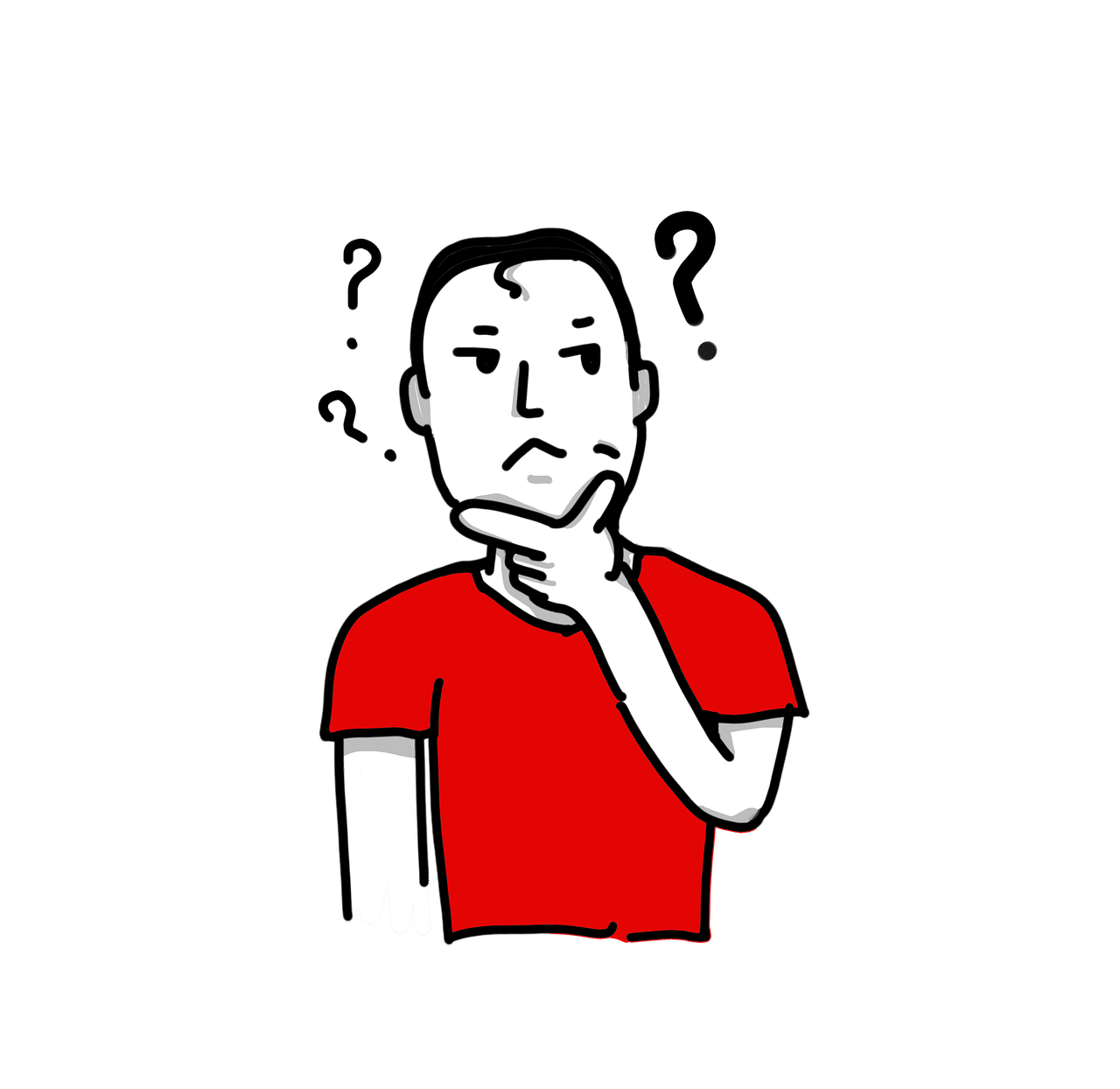
Self-discovery is necessary for personal evolution.
Self-discovery is the process that a subject carries out to know himself . It is about what an individual does to modify his or her perception and build a realistic image of his or her own person.
It can be said that self-discovery aims to increase self-knowledge . It is the result of a work of introspection and personal reflection that occurs within the framework of a search for identity and that also takes into account the impact of the environment.
Characteristics of self-discovery
Self-discovery is often linked to an inner journey . It is common for human beings, in the daily whirlwind and while trying to resolve their basic material needs, to lose sight of what their interests and objectives are. With self-discovery, you regain your authenticity by becoming more self-aware.
In this "journey" of personal enlightenment, mental clarity is achieved for the discovery of passions, the exploration of beliefs, the search for vital purposes and the definition of goals. There is a self-inquiry that must be done with determination and honesty with oneself.
It should be noted that self-discovery requires putting aside biases to apply a realistic view. Self-esteem problems produce distortion and threaten true inner knowledge .

Through self-discovery, the identification of limitations can be achieved.
Issues to consider
Several issues must be taken into account in self-discovery processes. On the one hand, it is essential to admit that it is impossible to know oneself completely: beyond the importance of trying to avoid them, there are always biases and limitations.
On the other hand, it must be considered that all people are immersed in a certain area. Human beings are social beings and their self -perception includes their interactions with others.
Likewise, although self-awareness requires a contemplative attitude, experiential learning is also important. To know yourself you have to act and experiment: these vital experiences help you understand yourself.
How to achieve self-discovery
Self-discovery, as we already indicated, is never absolute. That is why it is not a process that has an end.
It is often recommended that the inner journey include daily or at least regular reflections. It is important that the person examines their sensations and emotions frequently to recognize patterns . This inquiry should include a self-assessment to better understand strengths and weaknesses. These procedures may include mindfulness techniques and meditation , for example.
Through personal initiative it is also possible to learn about oneself through reading and studying. Philosophy, psychology and self-help books can provide useful content.
When self-guidance is not enough, help can be sought. From psychology and coaching, instruments can be provided that contribute to deep understanding and personal empowerment .

Self-discovery requires open-mindedness.
The questions
There are existential questions that function as triggers to move towards self-discovery. Of course, these are not questions that can be answered easily; some don't even have an answer. But they serve to discover interests and reveal values.
Let's look at some of the most common questions:
- Who am I?
- What do I want to do?
- What are the things that make me happy?
- What are the things that make me unhappy?
- Why did he act this way?
- How do I feel about my past?
- What do I expect from the future?
Reflecting on these questions involves self-exploration whose discoveries contribute to personal growth. Emotional maturity is needed for self-acceptance.
Importance of self-discovery
Self-discovery is important for multiple reasons. Inner wisdom, for example, makes emotional understanding possible. He who understands the origin of his emotions has more resources to manage them.
With greater self-knowledge, resilience is optimized. Working on the acceptance of change is easier if you are clear about the motivations underlying the actions and the objectives to be achieved. Likewise, self-acceptance is essential to promote personal transformation.
In a broad sense, self-discovery makes possible, within logical limits, the construction of one's own reality . This path is key to the search for happiness.
The obstacles
Various obstacles can break into the process of self-knowledge. We already alluded to the bias that can distort the gaze.
Self-deception is another obstacle. Through various psychological mechanisms, people can deceive themselves in an attempt to cope with painful situations. That goes against real knowledge.
Lack of will also prevents self-discovery. It takes intellectual effort and character development to take on the challenge of knowing oneself: apathy and indecision do not contribute to this goal.
Of course, there are physical and emotional pathologies that make self-discovery impossible. Addictions, to mention one case, determine behavior.
Depending on the type of obstacle, the individual will be able to find solutions autonomously or not. Certain circumstances require the intervention of professionals who, with their specialized knowledge and techniques, help unblock the situation and contribute to the personal freedom of the subject.
